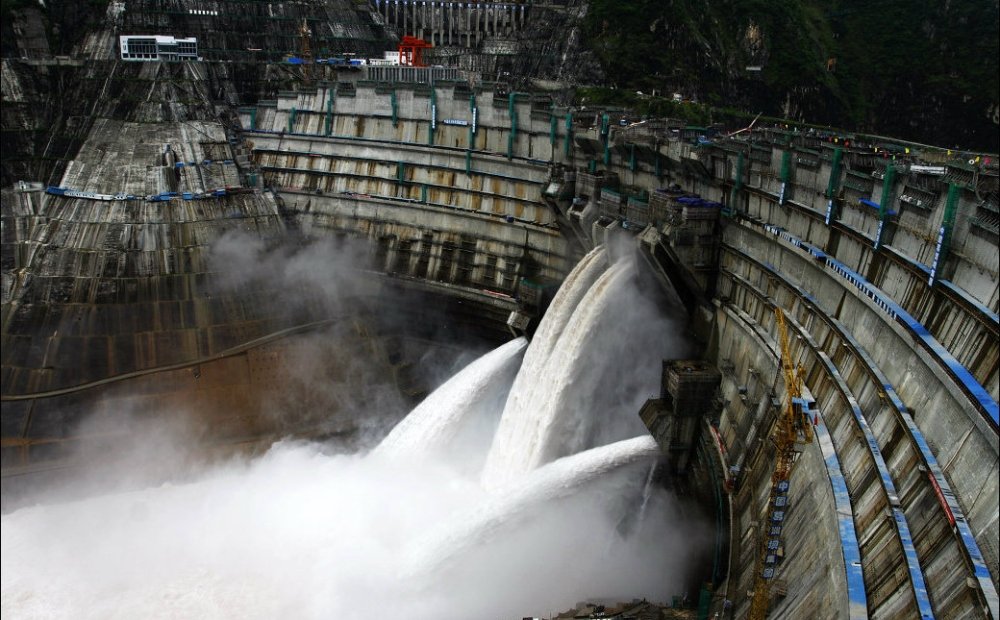Opening the ‘Black Box’ of Dam Development in Asia

Plans in Laos and Cambodia for more than 90 dams on the main stem and tributaries of the Mekong River pose potentially devastating social environmental effects in lower basin countries, which have already experienced lower flows and decreased fish stocks from China’s dam-building boom upstream. The rapid construction of hydropower in the Mekong and other transboundary rivers in Asia often lacks transparency and coordination, hindering the ability of policymakers, local communities and environmental watchdogs to be involved in decision-making that could halt dams or limit their detrimental impacts.
On April 14th, the Wilson Center’s CEF and Commons Lab are hosting a meeting to discuss challenges in hydropower development in Asia and new crowdsourcing tools that could help promote better transparency in dam siting, size, and impact. Brian Eyler (Stimson Center) will challenge the prevalent “domino effect” concerns about damming the Mekong. He will tell a story of how rising environmental, social, and financial risks in Laos and Cambodia are effectively slowing dam development on the river and opening up opportunities for civil society advocacy. Leo Bottrill (Moabi) will introduce a recently launched crowdsourced mapping initiative on the MapHubs platform that aims to spatially locate all planned and existing dams across all the major rivers of Asia. Elizabeth Tyson (Commons Lab) will describe a successful case on how coffee farmers used mobile systems for community-based natural resource monitoring under the UN REDD+ framework in Chiapas, Mexico, as well as offer insight into some of the opportunities and challenges facing these and other communities in using citizen science and crowdsourcing methods to solve environmental problems.
Photo Credit: 云南小湾电站 Xiaowan Dam in Yunnan, courtesy of 听风听雨
A Mobile System for Community-based Natural Resource Monitoring: A Case Study in the Sierra Madre, Chiapas -- Elizabeth Tyson
Speakers



Explorer Fellow with the National Geographic Society in the Citizen Explorer Labs
Hosted By

China Environment Forum
Since 1997, the China Environment Forum's mission has been to forge US-China cooperation on energy, environment, and sustainable development challenges. We play a unique nonpartisan role in creating multi-stakeholder dialogues around these issues. Read more


Global Risk and Resilience Program
The Global Risk and Resilience Program (GRRP) seeks to support the development of inclusive, resilient networks in local communities facing global change. By providing a platform for sharing lessons, mapping knowledge, and linking people and ideas, GRRP and its affiliated programs empower policymakers, practitioners, and community members to participate in the global dialogue on sustainability and resilience. Empowered communities are better able to develop flexible, diverse, and equitable networks of resilience that can improve their health, preserve their natural resources, and build peace between people in a changing world. Read more
